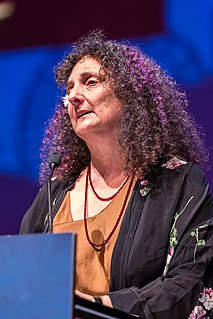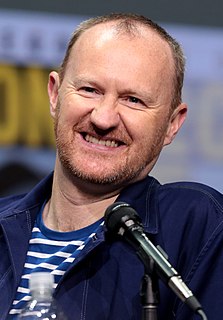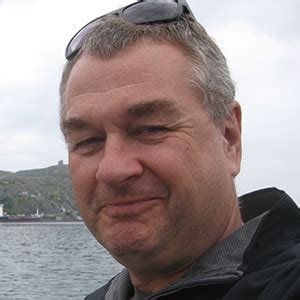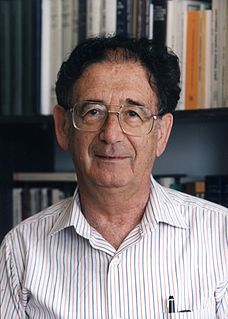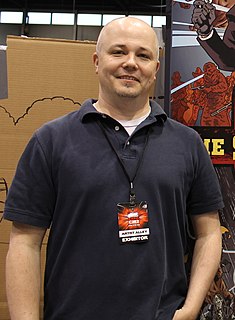A Quote by Ellen Datlow
I feel lucky that I get to read and publish stories that are not necessarily overtly horror in 'Best Horror of the Year.'
Related Quotes
I thought I could capture the stories of the city on paper. I thought I could write about the horrors of the city. Horror stories you see. I tell you I didn't have to look far for material. Everywhere I looked, there were stories hidden there in the dark corners. . . . I wrote and still there were more. . . . No one would publish them. 'Too horrible,' they said. 'Sick mind,' they said. I thought I could write about the horrors of the city but the horror is too big and it goes on forever.
With The Exorcist we said what we wanted to say. Neither one of us view it as a horror film. We view it as a film about the mysteries of faith. It's easier for people to call it a horror film. Or a great horror film. Or the greatest horror film ever made. Whenever I see that, I feel a great distance from it.
I have always felt a little bit uncomfortable with question [why I'm write these stories]. It's not a question that you would ask a guy that writes detective stories or the guy that writes mystery stories, or westerns, or whatever. But it is asked of the writer of horror stories because it seems that there is something nasty about our love for horror stories, or boogies, ghosts and goblins, demons and devils.
The definition of horror is pretty broad. What causes us "horror" is actually a many splendored thing (laughs). It can be hard to make horror accessible, and that's what I think Silence of the Lambs did so brilliantly - it was an accessible horror story, the villain was a monster, and the protagonist was pure of heart and upstanding so it had all of these great iconographic elements of classic storytelling. It was perceived less as a horror movie than an effective thriller, but make no mistake, it was a horror movie and was sort of sneaky that way.
Horror used to be one thing, and I think that's starting to broaden - there can have subgenres, and other things can be going on in a horror story. In comics, you'll never get the 'Boo' effect in a comic; you can go for mood, atmosphere and personal tragedy to build the horror elements and sense of dread.
I grew up on all sorts of horror - Hammer Horror and Vincent Price's 'Theatre Of Blood.' I loved the hidden, scary layers, but there wasn't that much around for youngsters in terms of horror books. I can remember reading Stephen King's 'Salem's Lot' and 'Cujo,' but I thought there should be more for teenaged horror fans.
